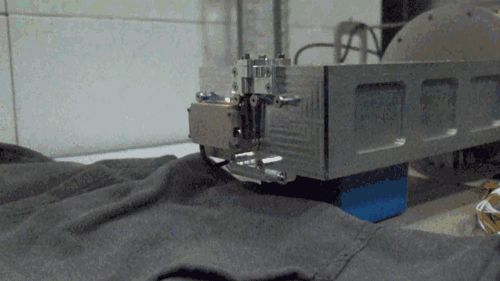Libre Space Foundation is devoted to the vision of open-source technologies in space, and for this, we often join forces with researchers, individuals, and teams who share this vision with us. One exciting project we have taken up is the QUBIK Project.

A few words about the Project
Our love for space has brought us in collaboration with Firefly Aerospace and the DREAM payloads program. This is a global competition to host academic and educational payloads as rideshare participants on the inaugural flight of the Firefly Alpha launch vehicle. For this project, we have been working together with FOSSA Systems and AMSAT EA. We have developed two PocketQube satellites, QUBIK-1 and QUBIK-2, and PICOBUS, a PocketQube deployer.


The satellites are expected to have a short lifespan of up to 3 weeks of orbit. Regardless of how short-lived they will be, though, they are built to perform Amateur radio experimentation. While those amateur radio experimentations will be taking place, the SatNOGS network of ground stations will be receiving signals from these satellites. By exploiting Doppler Variations, the network of ground stations will perform orbit determination and satellite identification as early as possible. This will utilize the benefits and the capabilities of the SatNOGS network to the fullest and demonstrate the Space Situational Awareness aspect of it.
How the Project has been progressing for the last few months
On the 12th of December 2019, the thermal vacuum test for the PICOBUS took place at Instituto Nacional de Técnica Aeroespacial, and on the 16th of the same month, the vibration test was conducted at the NanoSat Lab of the Polytechnic University of Catalunya. A few months later, on the 8th of February 2020, our team working at Hackerspace.gr completed the assembly of the PICOBUS and QUBIK-1 and QUBIK-2. The next day marked the bake out day for the project at the Institute of Electronic Structure and Laser. Lastly, on the 12th of February 2020, at the NanoSat Lab, the vibration acceptance campaign took place for PICOBUS, and so did the Protoflight campaign for QUBIK-1 and QUBIK-2. At this point in the process, the software is being developed so that the project will be able to facilitate all the amateur radio experiments that need to be carried out.




QUBIK-1, QUBIK-2, and the PICOBUS deployer form an exciting project for which we have worked hard, and we have collaborated with inspiring teams. As the development draws to completion we are excited to see what this project will achieve.
If you find this project exciting too and you wish to find out more about Qubik you can follow the open-source repositories of the project.
Comments
2 responses to “The QUBIK Project: The progress so far”
[…] The QUBIK Project: The progress so far – Libre Space Foundation […]
[…] For example, by the first months of 2020, PicoBus had undergone the thermal vacuum test and the vibration test. From there, it was time for assembling the PocketQubes and the deployer, and then the bake out was in order. Shortly after, the Acceptance campaign took place for PicoBus, and so did the Protoflight Campaign for QUBIK-1 and QUBIK-2. You can read more about the extensive testing and the processes that took place earlier in the year here. […]